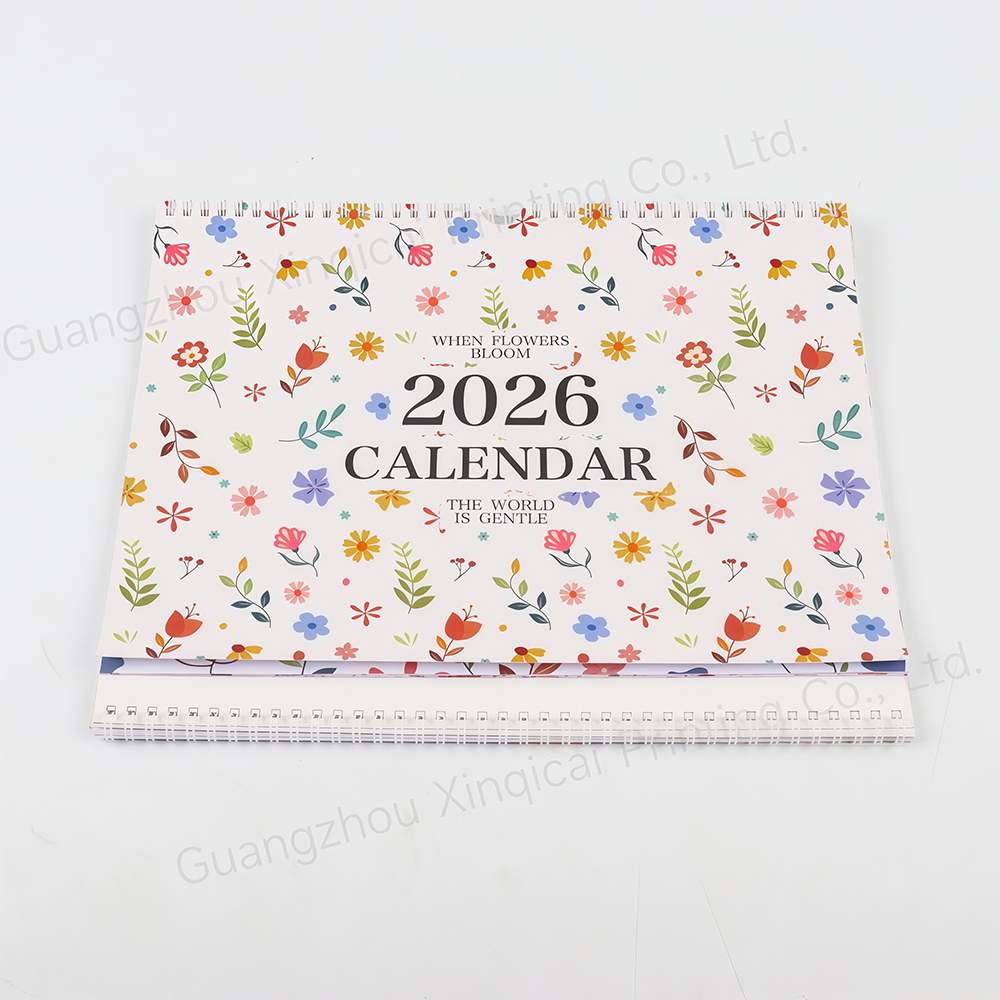Malaysia's Sin Chew Daily published an article about the changing times and the gradual decline of traditional calendars. Are you still using calendars? The article investigated the use of traditional calendars among Chinese Malaysians today:

Calendars are a bygone era, once a necessity in every household. However, with the changing times, calendars have been gradually replaced by mobile phones, tablets, and electronic clocks. Their demand in the home has dwindled, leading to a sluggish calendar market.
During the recent economic downturn, although the new Malaysian government has abolished the previous government's consumption tax and replaced it with a sales tax, businesses of all sizes and small and medium-sized enterprises are choosing to increase revenue and cut costs. Naturally, this starts with cutting advertising expenses, leading many businesses to eliminate or reduce the number of calendars given away to customers.
In the age of mobile phones, people can check the date at any time. Under the impact of these changes, traditional monthly calendars, like calendar pages, have undergone a temporary transformation and have long been forgotten by young people. Their popularity has declined significantly, and demand is minimal.
However, can the traditional printing industry survive this wave of setbacks?
Calendars Need Innovation
Huang Guanliang, owner of Bu Tiao Huang Printing Co., Ltd., said that modern people are accustomed to checking dates on their phones. They can also record future schedules and set reminders if they're worried about forgetting.
"Undeniably, this is the reason for the decline of traditional printed calendars."
He revealed that while calendar printing still had a market three or four years ago, it has been sluggish in recent years. Furthermore, calendar printing orders this year have dropped by 50% compared to last year, with only a dozen or so orders currently accepted, for a print run of only 1,000 to 2,000 copies, leaving many businesses sighing.
Huang Guanliang said the best-selling items are horse racing calendars and small desktop calendars. The large horse racing calendar is priced at 2 ringgit, while the small one is 1 ringgit and 20 cents.
He said that older generations are not very good at using phones and tend to prefer the old to the new, so traditional calendars are still necessary for some families. They can be hung on the wall and read, with a page torn off each day. Each page records various traditional Chinese taboos.
He believes that, as the times change, the traditional printing industry must innovate and reform to attract consumers to buy calendars. After all, calendars remain a necessity in everyone's lives.
As the saying goes, if the mountains don't move, the roads will, and if the roads don't move, people will. Faced with such circumstances, businesses must find ways to adapt to the changing technological landscape and give calendars new meaning.
In fact, many customers now request photos printed on desk calendars, customizing them to their own designs. Even with the price of RM18 for a personalized calendar, many still purchase, so price alone isn't the factor driving the decline.
He suggests businesses could explore the personalized calendar market, as young people appreciate personalization and creating their own calendar is a wonderful experience.
Merchants: Printing small quantities for regular customers
Some merchants, who wished to remain anonymous, stated that traditional calendars are no longer popular, and therefore have stopped selling them. However, they will print small quantities and give them to familiar customers, and will also give them away if customers ask.
Business owners say that while shops sell traditional almanacs, they only have a limited supply and aren't specifically displayed in-store. They're usually purchased by older customers, as they include information on traditional Chinese customs, the 24 solar terms, and auspicious dates. The almanacs are priced at 20 ringgit.
Printing Company: Orders Come From Existing Customers
Printing company owner Yan Laifa said he's currently only received orders from a dozen or so businesses for calendars. The market is quiet, and the orders are from existing customers, not new ones.
In this technologically advanced world, people no longer use printed calendars. Some small businesses and merchants who want to give away calendars will purchase them directly from retailers and then process and stamp them with their own company seals to reduce costs.
He said he doesn't sell calendars himself, but only takes orders from businesses and supermarkets. Some supermarkets offer free horse racing calendars with purchases of 100 ringgit or more to boost sales.
Printing industry operator Yang Zhongming pointed out that few people order calendars now. Some small businesses or merchants who want to give away calendars will buy them directly from retailers. The price is low and costs are reduced, but the company logo needs to be processed and stamped by themselves.

